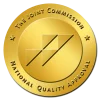Do You Have to Take an Ambulance to Go to Rehab?
The time has come where it is necessary to go to treatment. A looming question may be how you actually get there. Does it have to be by ambulance? The short answer is no, but let’s further explore the process of being admitted to a treatment center.
The Admissions Process
There are several steps to go through in order to be admitted into a treatment program. The process is intended to establish that you are at the right level of clinical services and a program is the right fit for your needs.
1. Speak to an Admissions Representative
The majority of treatment centers have a team dedicated to facilitating the admissions process. Often the first person you will speak with is an admissions representative who will gather information such as your insurance coverage details. The staff will utilize this information to verify your benefits and whether your insurance carrier will cover any amount of the treatment cost.
2. Complete a Prescreen
Prior to admission to a treatment center, you will undergo an initial evaluation with a member of the admissions team whether you arrive by ambulance or not. During this evaluation, often conducted over the phone, you will be asked questions regarding your patterns of substance use and any other factors that may impact your treatment. The admissions staff will then utilize this information to determine whether the program is an appropriate fit for you. They determine this using the American Society of Addiction Medicine (ASAM) criteria. The ASAM criteria utilizes six dimensions to determine an appropriate level of treatment. Those dimensions include:
Dimension 1: ACUTE INTOXICATION AND/OR WITHDRAWAL POTENTIAL
Dimension 2: BIOMEDICAL CONDITIONS AND COMPLICATIONS
Dimension 3: EMOTIONAL, BEHAVIORAL, OR COGNITIVE CONDITIONS AND COMPLICATIONS
Dimension 4: READINESS FOR CHANGE
Dimension 5: RELAPSE, CONTINUED USE, OR CONTINUED PROBLEM POTENTIAL
Dimension 6: RECOVERING/LIVING ENVIRONMENT
3. Complete a Clinical Intake
Once you have been determined to be appropriate for the program, you will complete an intake with a licensed clinician who will complete a Biopsychosocial assessment to further explore biological, psychological, and social considerations for recovery.
Completing the steps necessary to begin treatment may seem like a daunting task. However, it is the job of the admissions team to assist you in navigating each one to make your entry into treatment as smooth as possible. By completing each step, you are improving the ability of the staff to best support you in your path to recovery.
Reach out to our medical staff with any questions so you can get started today. You don’t need to come in an ambulance, depending on your situation. We are here to help.







